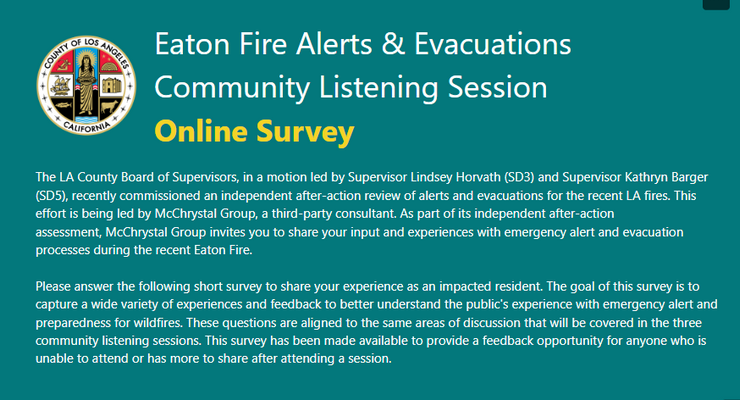
Pasadena Police Department Forensic Specialist Veronica Palomera collects fingerprints in an undated photo provided by the department.

Pasadena Police Department Forensic Specialist Johnathan Schmidt takes a photograph in an undated photo provided by the department.

Pasadena Police Department Forensic Specialist Noel Herrera uses a metal detector in an undated photo provided by the department.

Pasadena Police Department forensic specialists Veronica Palomera, left, and Olivia Gomez, right, pictured in an undated photo provided by the department.
Whether trying to solve home burglaries or murders, the small group of men and women who make up the Pasadena Police Departments Forensics Section work seven days, and nights, each week in their lab and in the field to apply science to criminal investigations.
City officials took to social media Tuesday to highlight the “invaluable work and contributions” of the forensics specialist Tuesday, in the midst of Forensic Science Week, which began Sunday and ends Saturday.
While they are not sworn law enforcement officers, the work of the forensic specialists is invaluable to policing in Pasadena, Lt. William Grisafe said.
“Police detectives can make assumptions about certain aspects of a crime such as the cause, manner, etcetera… but it takes the work of forensics specialists to definitively prove these assumptions in a scientific manner,” the lieutenant said.
“Without these specialists, numerous crimes would either never be solved or would take significantly longer to solve. The fact that they can provide scientific facts about crimes makes their worth immeasurable.”
The process of forensic science is an impersonal one, said PPD Forensics Supervisor Alex Padilla, who leads a team of six forensics specialists and has been with the agency for 33 years.
“It doesn’t look at the person, it looks at the evidence,” he said. “Not only can it show guilt, but it can exonerate, as well.”
“This is science-based,” Padilla added. “Everybody in my office is kind of a science nerd.”
Padilla said he’s never been a fan of any of the countless television drama series centering around forensic crime scene investigators. He tried to watch one once, he said, but once the show depicted an investigator pouring gel into a wound, then pulling out a molding of a knife blade, he’d seen enough.
In reality, the work is often a slow, methodical process. Lab results, such as DNA analysis, generally take weeks or months.
“What we do is tedious work,” Padilla said. Team members can spend hours photographing and documenting dozens of items of evidence at a crime scene
“Everything that we do is kind of slow, it’s redundant,” he said. “We’ve got a lot of checks and balances.”
After being carefully collected, every fingerprint is independently analyzed by three specialists who have undergone at least two years of training in interpreting fingerprints, officials said. The skill is a perishable one and must be constantly kept up with retraining. All three analysts must agree, without knowledge of the determinations of their colleagues, before the match is considered positive.
The technology at the disposal of forensic investigators has come a long way over the past three decades.
The analysis of DNA evidence, for instance, has become increasingly prevalent. The Los Angeles County’s forensics facilities, where PPD specialists send samples for analysis, is now able to analyze samples in property crimes such as burglaries, while it was reserved only for major crimes in its earlier days.
“We’ve really made some advancements,” Padilla said.
Other duties of forensic specialists include collecting evidence such as blood, performing chemical analysis, creating detailed crime scene diagrams, packing samples for analysis at the county laboratory, and taking many, many photographs and videos.
“It requires a strong stomach,” according to Padilla. “Some stuff is very hard to watch.”
But seeing the scientific inquiry translate into real-world results is also highly satisfying, he said.
The Forensics Section is planning to move into a new, larger office at the Pasadena Police Department over the next month or so, Padilla said.
Once the move is complete, Padilla said he plans to turn his attention to launching an internship program to allow college students to gain experience in the field.
Because there are relatively few of them, compared to the number of police officers at any given law enforcement agency, the field is “very competitive,” he said.
The last time that I hired somebody, I went through a couple of hundred applications,” Padilla said. Applicants came from all over the nation.
In addition to Padilla, the team is composed of forensic specialists Veronica Palomera, Johnathan Schmidt, Noel Herrera, Olivia Gomez, Jennifer Castillo, and Katie Sullivan.
“I have a really good crew right now. They really want to be in the middle of it,” Padilla said. “I’m really grateful for them.”














 3 comments
3 comments



